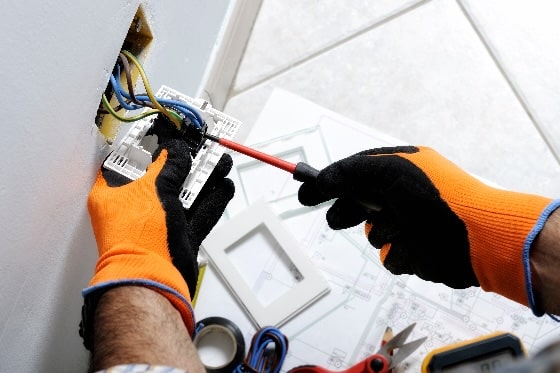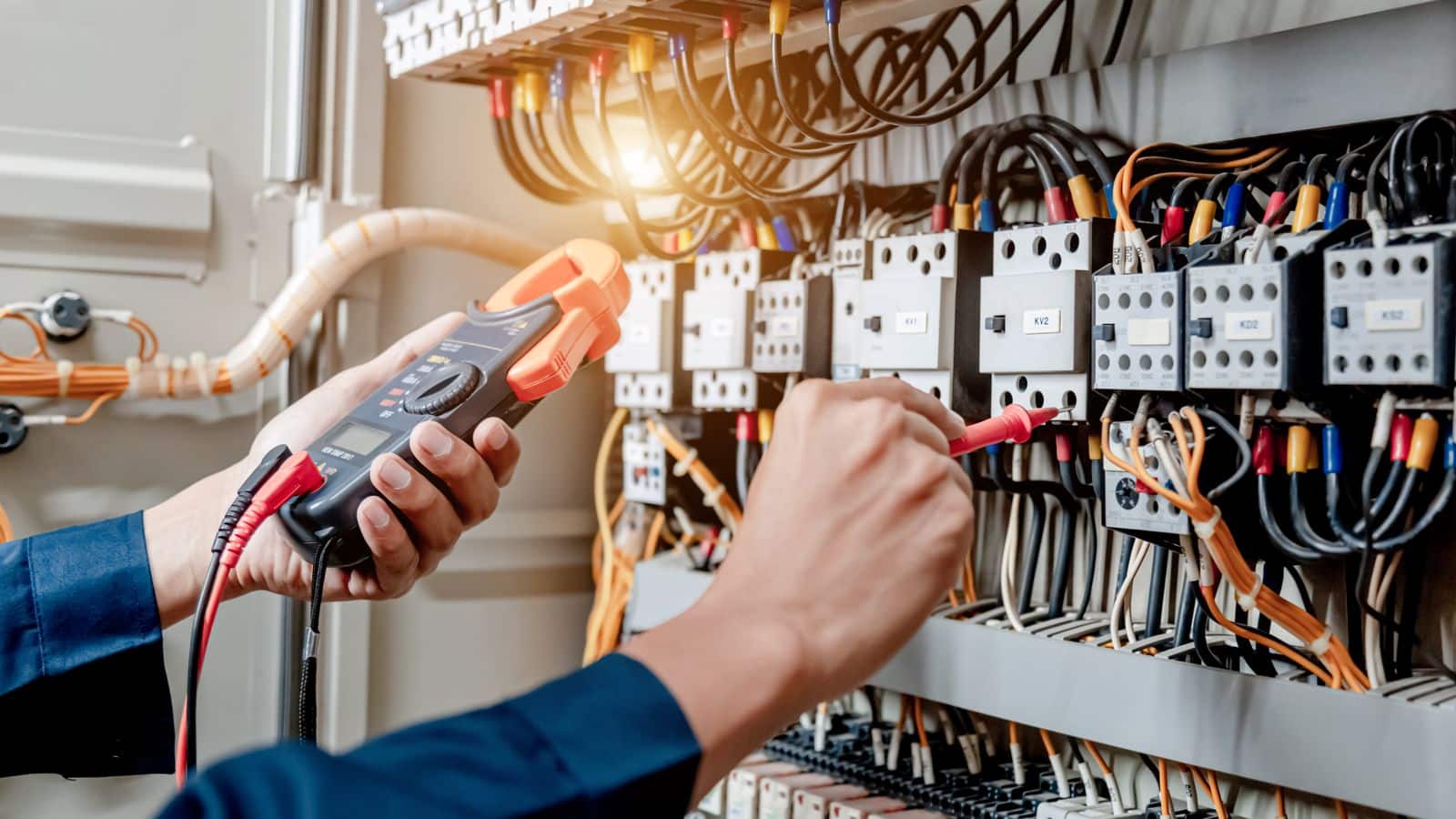Over 400 electrocutions, on average, are reported in the US every year, according to the ESFi. This number has greatly decreased from years past. Previously there were nearly 800 deaths annually from household electrocutions alone. Statistics from the ESFi also state that the number of household electrocution deaths has decreased to now fewer than 200 annually, and the decrease is largely contributed to the use of GFCIs.
A GFCI, (ground fault circuit interrupter), is a device that is installed to help decrease the risk of electrocution. The GFCI device is typically a receptacle installed in specific areas of your home, but can also be installed as a breaker in your panel. Ground faults are an electrical path that is unintended, or breaks in the grounding path from your electrical system. When a ground fault occurs any electrical current traveling along the broken path will seek a new path to the ground. This can be an extremely dangerous situation because electrical currents always seek the shortest path to the ground and, unfortunately for us, a person tends to be a very easy path to the ground. Even a small electrical current can cause extreme physical damage to a person, or death.
The GFCI device is in place to prevent electrical currents from having the opportunity to stray from their intended path through a person. When a GFCI device detects a change in the current flow from the electrical source to the intended destination, the electrical current is interrupted or stopped. When the current is stopped, any person in contact with the GFCI device or equipment powered through the device, may have just been saved from possible electrocution.
Areas where electricity is likely to come into contact with moisture create a higher risk of accidental electrocution. That is why the NEC requires the installation of GFCI devices in all areas where an outlet, or person using an outlet may come into contact with water. Many people may only consider the kitchen and bathrooms as areas affected by water, but the list is much more extensive than that. See below:
- Laundry areas
- Bathrooms
- Kitchens
- Garages
- Outdoor receptacles
- Any receptacle placed in proximity to a pool or hot tub
- Crawl spaces
- Unfinished basements
Though GFCIs are effective devices installed to protect people from electric shock, they are still an electronic device which can sustain damage or wear out. It is important to utilize the Test button located on the device monthly to verify that it is in proper working order. A GFCI receptacle that is damaged or worn out may still continue to function as a working receptacle even though it is no longer providing ground fault protection.
It is a common misconception that when arc fault circuit interrupters (AFCIs) are installed in a home, ground fault protection is not required. An arc fault and ground fault are two different electrical hazards, with different outcomes, arc faults can cause fires and ground faults can cause electrocution. Homes should be equipped with both AFCI and GFCI devices to provide the safest possible environment for you and your family.
Providing safe and functional electrical service for you and your family is the number one goal for Done. Our friendly and knowledgeable electricians are able to install the safety devices your electrical service requires to function at the safest and most effective levels. The electricians on our team can educate you on the function and necessity of GFCIs, as well as the difference between a GFCI receptacle and circuit breaker and which will be most effective and cost efficient for your needs. Don’t wait until it’s too late to protect your family or business, contact Done today.










